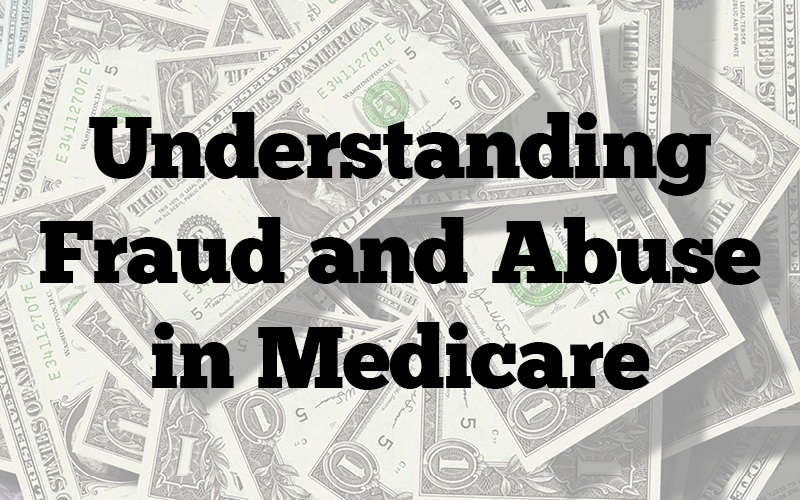DOJ’s Commitment to Holding Executives Accountable for Healthcare Fraud
Last year, the Department of Justice (DOJ) released a policy memorandum, titled “Individual Accountability for Corporate Wrongdoing,” also known as the “Yates Memo.” The DOJ shifted its approach to fighting corporate fraud and misconduct by focusing its investigative efforts on those individuals within a corporation who perpetrated wrongdoing. The policy guidelines were discussed in this earlier post.
Providers undergoing investigations for violations under the False Claims Act, Stark Law, and/or Anti-Kick Back Law, will have increased pressure from the DOJ to present evidence of individual wrongdoing. Tuomey Healthcare System (now part of Palmetto Health in Columbia, SC) is a perfect example of the DOJ’s efforts to hold individuals accountable for corporate fraud.
In 2015, the DOJ obtained a $237.4 million judgment against Tuomey relating to Stark Law violations for entering into sweetheart deals with physicians that required the physicians to refer their outpatient procedures to Tuomey in exchange for compensation that far exceeded fair market value and included money received from Medicare for the referred procedures. Meanwhile, the DOJ was also pursuing action against the CEO of Tuomey, Ralph J. Cox, III, for his involvement. On September 27, 2016, the DOJ announced that it had reached a $1 million settlement with Cox, which included a 4-year ban on Cox from participating in federal healthcare programs.
According to Gregory E. Demske, chief counsel to the Health and Human Services Inspector General “[i]ndividuals and entities that defraud Federal health care programs face exclusion from those programs by the Department of Health and Human Services Office of Inspector General (OIG)…OIG is committed to protecting the programs and patients from health care executives who, like Mr. Cox, lead or participate in schemes to defraud Medicare or Medicaid. Entities engage in fraud because of actions by individuals and OIG will continue to identify and take administrative enforcement actions against such individuals.”







